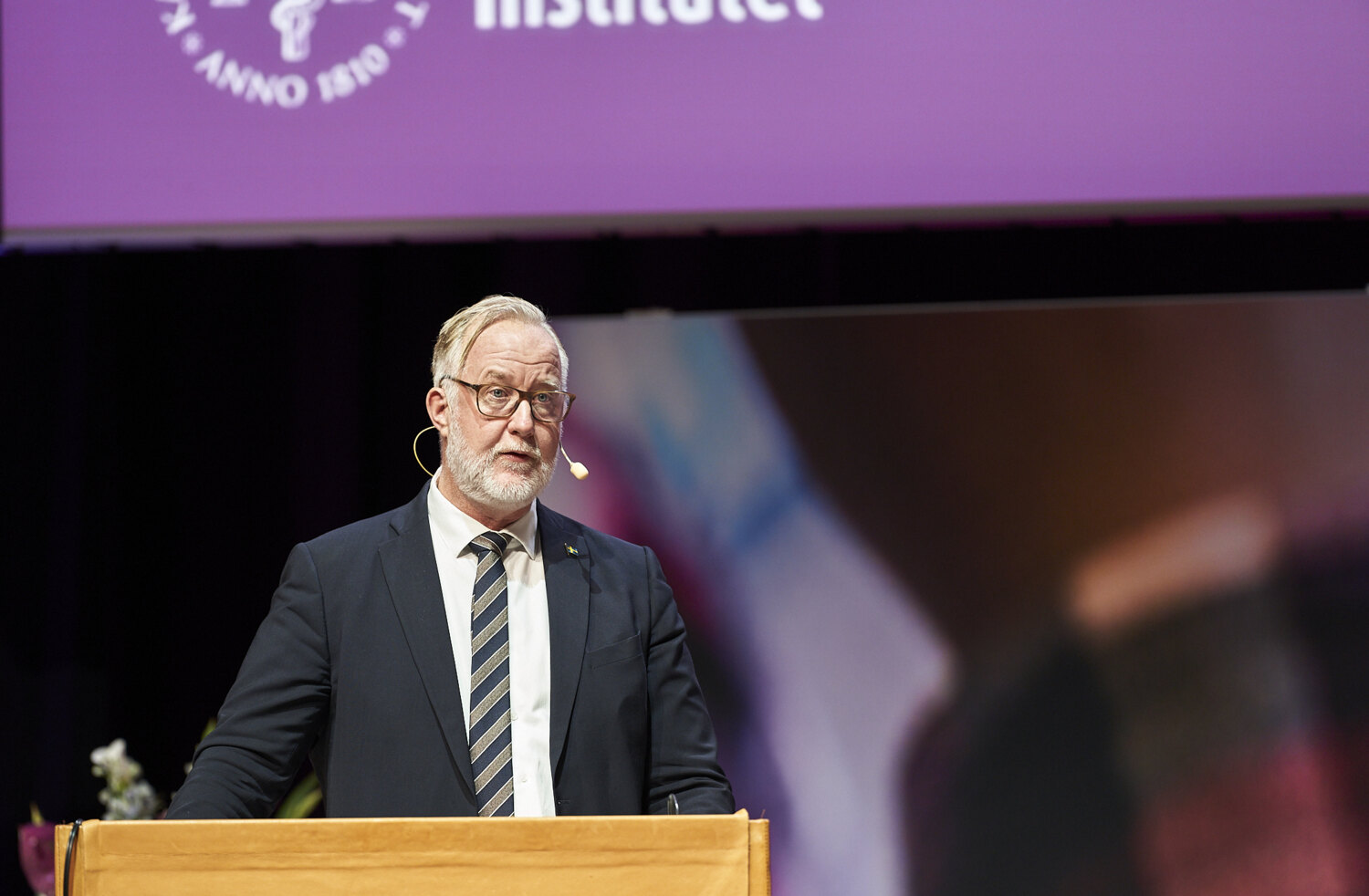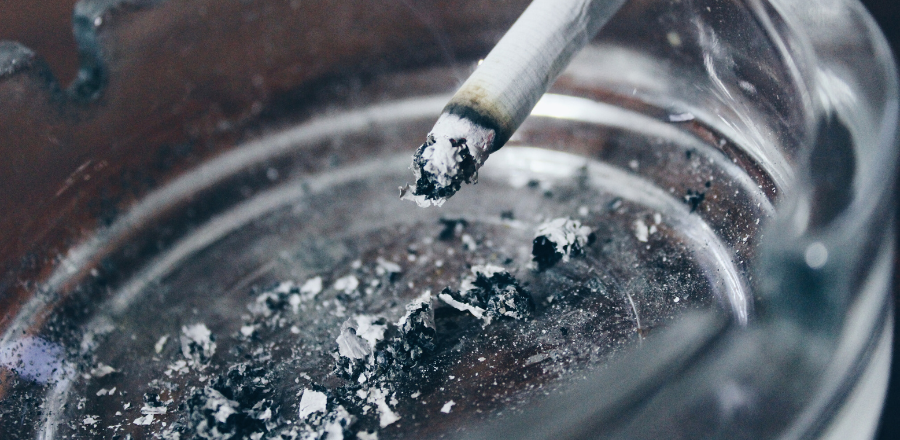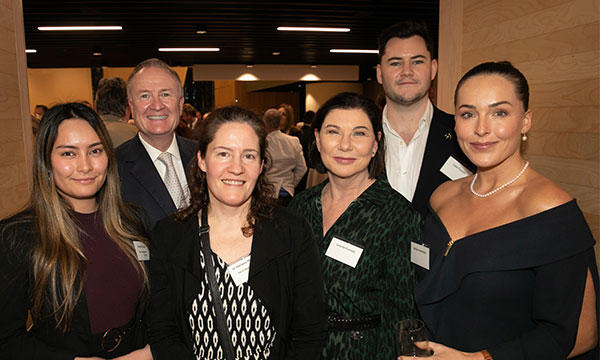- Minister for Energy, Environment and Climate Change
The Andrews Labor Government is tackling the challenges facing the recycling industry and helping to reduce plastic pollution with a new $34.9 million package of recycling reforms.
Minister for Energy, Environment and Climate Change Lily D’Ambrosio said the new funding would help to create a more stable and productive recycling sector, while improving the quality of recycled materials and developing new markets for them to be processed.
A key element of the package is a new $14.3 million Recycling Industry Development Fund, to enhance Victoria’s domestic remanufacturing capabilities. This funding will target secondary processing infrastructure for priority materials such as paper, cardboard and plastics.
An additional $13.8 million program will provide incentives for new entrants to the Victorian recycling market, diversifying the sector and leading to more investment in equipment and infrastructure upgrades.
The package will provide support to Victorian councils when it comes to negotiating new contracts for recycling services, helping to improve business performance and put better contingency plans in place.
Education programs will be expanded to improve understanding of what can and can’t be recycled, to help reduce the contamination of kerbside recycling.
The Essential Services Commission will review recycling services in Victoria, to look at whether the sector should be regulated as an essential service, in the way that the water and energy sectors are regulated.
A further review of the Landfill Levy will consider the current and future effectiveness as an economic instrument for influencing waste management practices, including reducing waste to landfill.
This latest package builds on the strong foundations of the $37 million Recycling Industry Strategic Plan, released in July 2018 – bringing this government’s investment in the waste and resource recovery industry to more than $135 million.
As stated by Minister for Energy, Environment and Climate Change Lily D’Ambrosio
“Managing recycling and waste is a global problem and we need to act now to help the industry continue its transition following China’s import bans.”
“It’s more important than ever to minimise the amount of waste we produce and ensure we’re recycling as many items as possible – and these new initiatives are an important step in planning for the future of the waste and recycling industry.”







